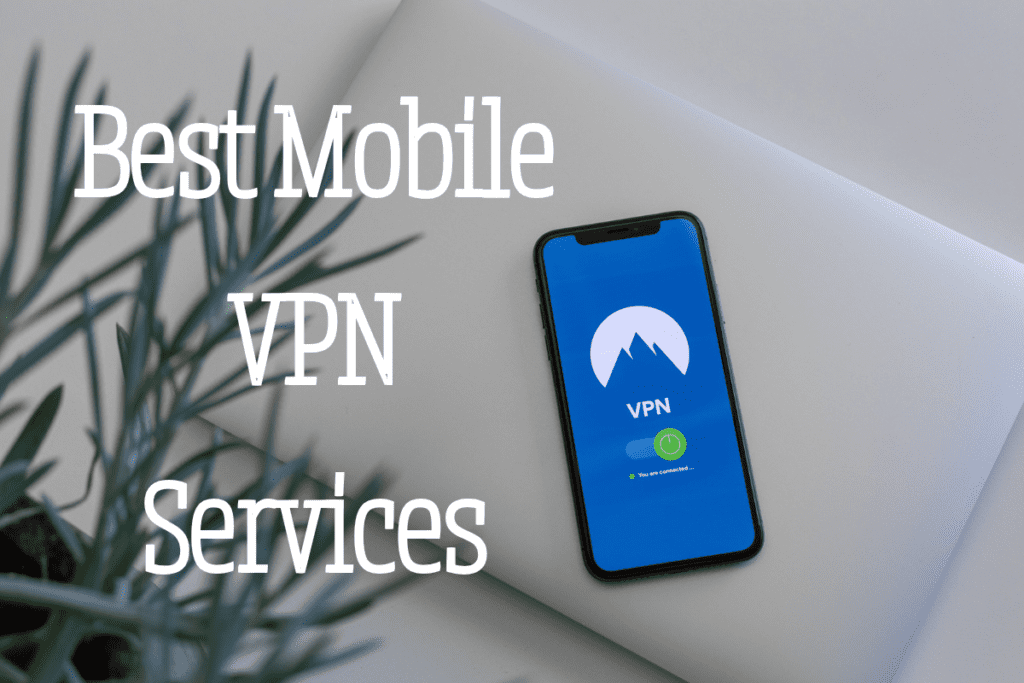In today's fast-paced world, the concept of a "smart home" has become increasingly prevalent. But what exactly does this entail? Smart home technology refers to the integration of various devices and systems within a household that are capable of communicating with each other and can be controlled remotely. This technology has evolved significantly over the years, transforming the way we interact with our living spaces.
Benefits of Smart Home Technoloy

Convenience and Efficiency
The efficiency and convenience that smart home technology offers are two of its primary benefits. Through automation, mundane tasks such as adjusting the thermostat, turning off lights, or even watering plants can be managed effortlessly. This not only saves time but also contributes to energy efficiency by optimizing resource usage based on occupancy and preferences. Additionally, the ability to access and control devices remotely via smartphone apps or voice commands adds another layer of convenience to daily living.
Safety and Security
Another critical aspect of smart home technology is its impact on safety and security. Surveillance cameras, motion sensors, and smart locks provide homeowners with real-time monitoring and control over their property, even when they're away. Integration with alarm systems and emergency response services further enhances security measures, giving residents peace of mind knowing that their homes are protected around the clock.
Improved Quality of Life
Beyond convenience and security, smart home technology also aims to improve the overall quality of life for residents. Health monitoring devices can track vital signs and provide alerts in case of emergencies, allowing for timely intervention and assistance. Enhanced entertainment systems offer immersive experiences tailored to individual preferences, while smart lighting and climate control systems create a personalized ambiance that promotes relaxation and comfort.
Future Trends in Smart Home Technology
As technology continues to advance, the future of smart homes holds even more promise. Integration with the Internet of Things (IoT) and artificial intelligence (AI) will enable seamless communication and coordination between devices, leading to greater automation and efficiency. Sustainable practices such as energy harvesting and eco-friendly materials will also play a significant role in shaping the next generation of smart homes, promoting environmental consciousness and green living. Additionally, a focus on accessibility and universal design will ensure that smart home technology is inclusive and accessible to people of all ages and abilities.
Conclusion
In conclusion, smart home technology has revolutionized daily living by offering convenience, safety, and improved quality of life. With its ability to automate tasks, enhance security measures, and personalize experiences, smart homes have become an integral part of modern living. As we look to the future, continued innovation and advancements in technology will further enrich the smart home experience, making our lives more connected, efficient, and enjoyable.
Related Topic: Essential Apps for Home That Will Make Your Life Effortlessly Organized
FAQs about Smart Home Technology

Q1: Is smart home technology difficult to install and set up?
While some devices may require professional installation, many smart home products are designed for easy DIY setup with step-by-step instructions.
Q2: Can smart home devices be hacked?
Like any connected technology, smart home devices can be vulnerable to hacking if not properly secured. It's essential to use strong passwords, keep software updated, and enable encryption where available.
Q3: Will smart home technology increase my energy bills?
On the contrary, smart home technology can actually help reduce energy consumption by optimizing usage based on occupancy and preferences, leading to potential cost savings in the long run.
Q4: Do smart home devices perform well together?
Many smart home devices are designed to be interoperable, allowing them to communicate and work together seamlessly. However, it's essential to check compatibility before making purchases.
Q5: Is smart home technology only for tech-savvy individuals?
While some familiarity with technology may be beneficial, many smart home products are designed with user-friendly interfaces and intuitive controls, making them accessible to people of all skill levels.

